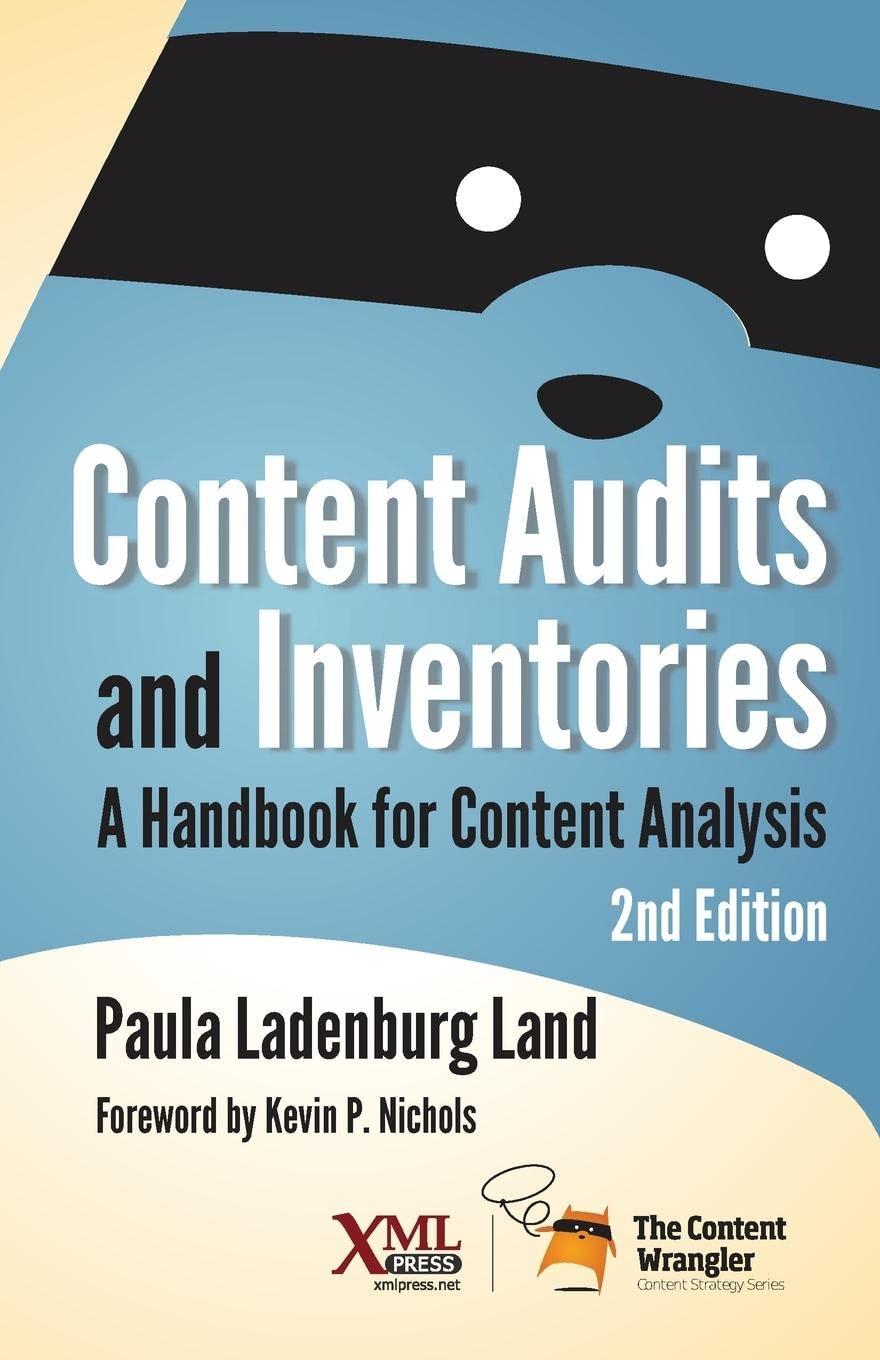Question
Cutler Company owns 80 percent of the common stock of Marina Inc. Cutler acquires some of Marina's bonds from an unrelated party for less than
Cutler Company owns 80 percent of the common stock of Marina Inc. Cutler acquires some of Marina's bonds from an unrelated party for less than the carrying value on Marina's books and holds them as a long-term investment. For consolidated reporting purposes, how is the acquisition of Marina's bonds treated?
As a decrease in the Bonds Payable account on Marina's books.
As an increase in noncurrent assets.
Everything related to the bonds is eliminated in the consolidation worksheet, and nothing related to the bonds appears in the consolidated financial statements.
As a retirement of bonds.
Culver owns 80 percent of the common stock of Fowler Company. Culver also purchases some of Fowler's bonds directly from Fowler and holds the bonds as a long-term investment. How is the acquisition of the bonds treated for consolidated reporting purposes?
As a retirement of bonds.
As an increase in the Bonds Payable account on Fowler's books.
Everything related to the intercompany bonds is eliminated in the consolidation worksheet, and nothing related to the bonds appears in the consolidated financial statements.
As an increase in noncurrent assets.
A loss on the constructive retirement of a parent's bonds by a subsidiary is effectively recognized in the individual accounting records of the parent and its subsidiary:
I. at the date of constructive retirement. II. over the remaining term of the bonds.
I
II
Both I and II
Neither I nor II
When one company purchases the debt of an affiliate from an unrelated party, a gain or loss on the constructive retirement of debt is recognized by which of the following?
|
| Issuing Affiliate | Purchasing Affiliate | Consolidated Entity |
| A. | No | No | Yes |
| B. | Yes | Yes | No |
| C. | No | No | No |
| D. | Yes | Yes | Yes |
Option A
Option B
Option C
Option D
Which of the following statements is(are) correct? I. The amount assigned to the noncontrolling interest may be affected by a constructive retirement of bonds. II. A constructive retirement of bonds normally results in an extraordinary gain or loss. III. In constructive retirement, the entity would still consider the bonds outstanding, even though they are treated as if they were retired in preparing consolidated financial statements.
I
II
I and III
I, II, and III
Step by Step Solution
There are 3 Steps involved in it
Step: 1

Get Instant Access to Expert-Tailored Solutions
See step-by-step solutions with expert insights and AI powered tools for academic success
Step: 2

Step: 3

Ace Your Homework with AI
Get the answers you need in no time with our AI-driven, step-by-step assistance
Get Started


